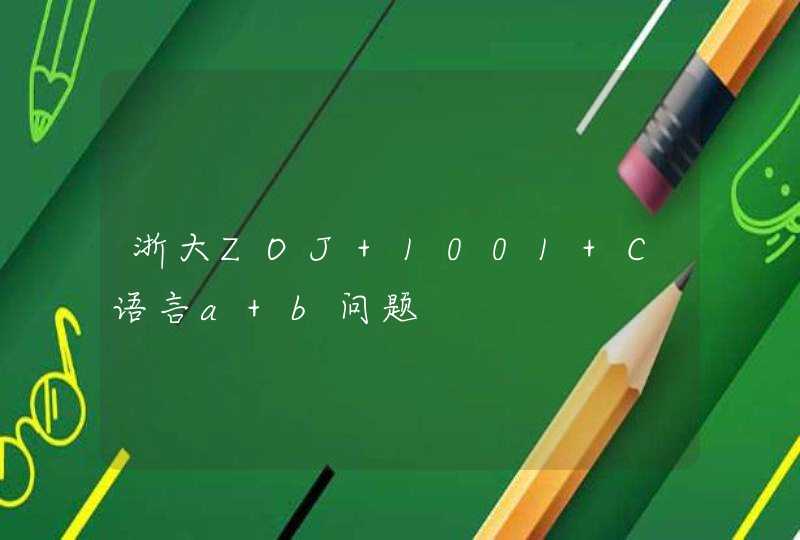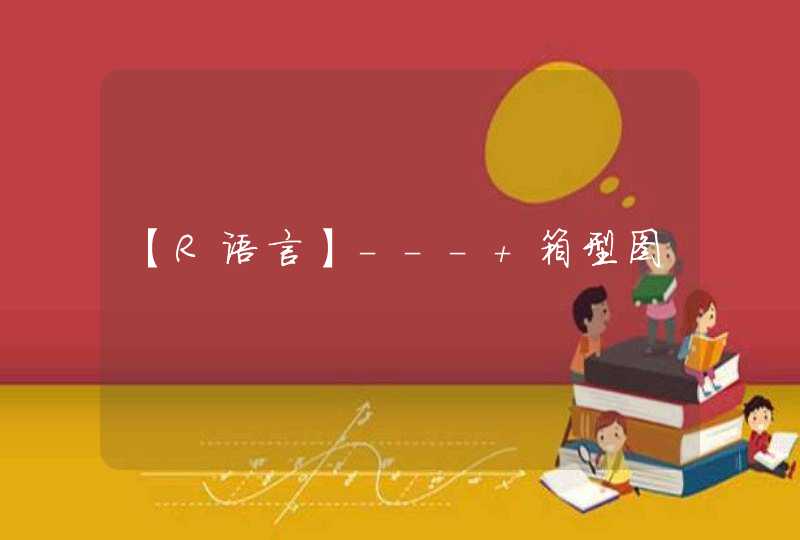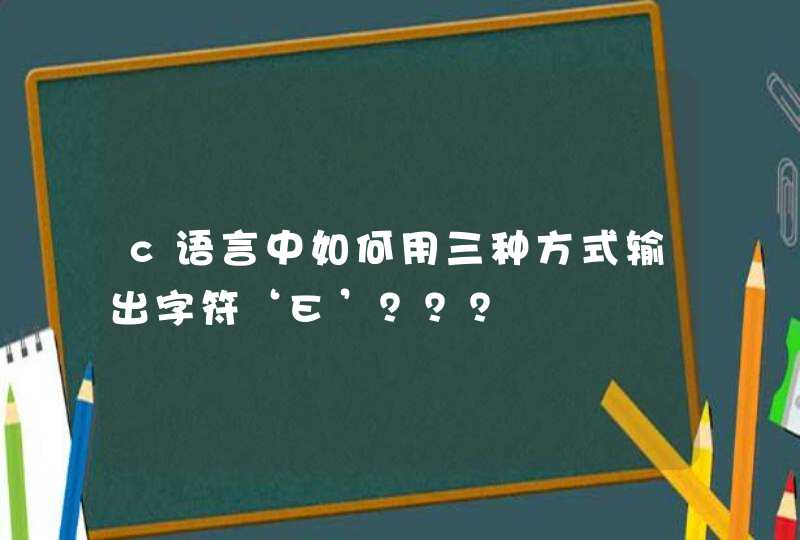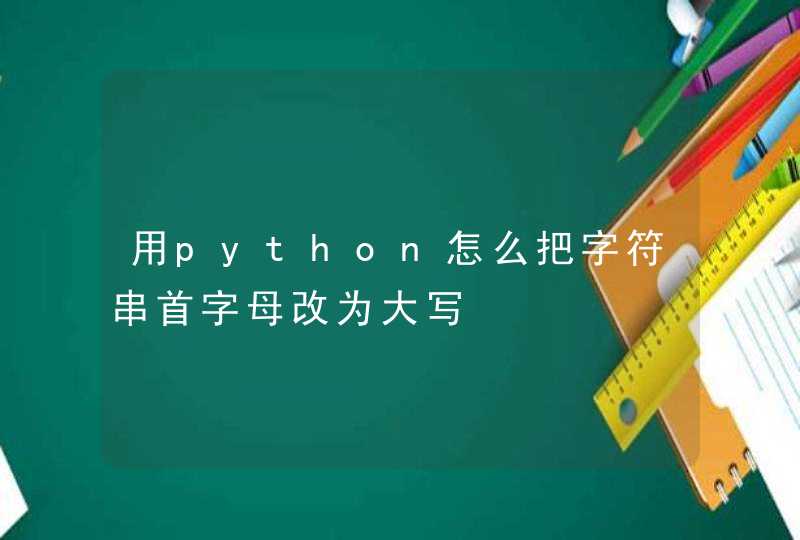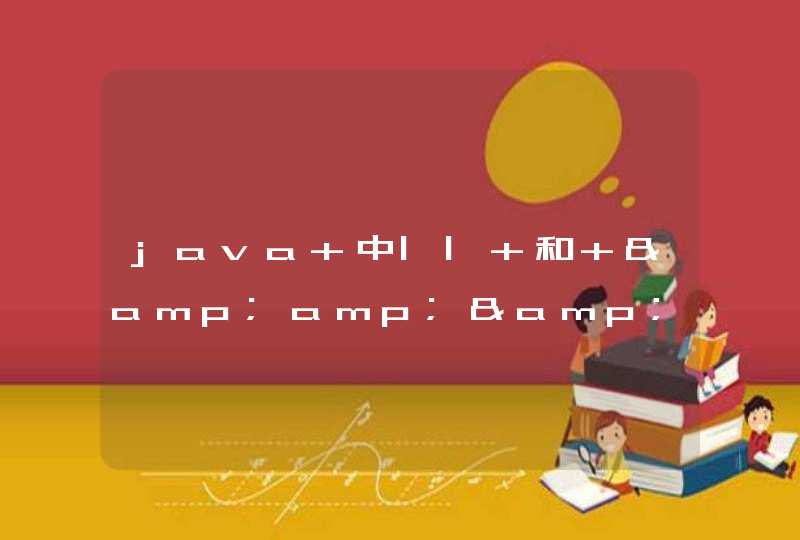
#include <iomanip.h>
using namespace std
#define N 20
double a[N][N]
double x[N+1]
double b[N+1]
int set( )
{
cout<<"请输入方程的个数和未知数个数: "<<endl
cin>>n
int i,j
cout<<"请输入方程组(逐个输入方程 i)"<<endl
for(i = 1i <= ni++)
{
for(j = 1j<=nj++)
{
cin>>a[i][j]//系数
}
cin>>b[i]//结果
}
return 0
}
int find(int k)//寻找第k列主元
{
int i,tag = k
double maxv=0
for(i = ki <= ni++)
{
if(a[i][k] >maxv)
{
maxv = a[i][k]
tag = i
}
}
return tag
}
void exchange(int i1,int i2)//将第 i1 i2行互换
{
int j
for(j = 1j <= nj++)
{
swap(a[i1][j],a[i2][j])
}
swap(b[i1],b[i2])
}
void div(int k)//让第k个方程的首项系数为1
{
double temp = a[k][k]
for(int j = kj <= nj++)
{
a[k][j]/=temp
}
b[k]/=temp
}
void disME(int k)
{
int i,j
for(i =1 i<=ni++)
{
for(j = ij<= nj++)
{
if(a[i][j])
{
if(a[i][j]==1)
{ if(j==n)
cout<<"x"<<j
else
cout<<"x"<<j<<" + "
}
else
{
if(j==n)
cout<<a[i][j]<<"x"<<j
else
cout<<a[i][j]<<"x"<<j<<" + "
}
}
}
cout<<" = "<<b[i]<<endl
}
system("pause")
}
void eliminate(int k)//消元
{
int i,j
double t
for(i = k+1i<= ni++)
{
t = a[i][k]/a[k][k]
for(j = kj <= nj++)
{
a[i][j]-=a[k][j] * t
}
b[i] -= b[k] * t
}
}
void Gauss()//高斯消元法
{
int i,j,k
for(k = 1k <nk++)//共进行n - 1次消元
{
int l = find(k)//寻找第k次消元法的主元方程
if(l!=k)
{
exchange(l,k)
}
//消元
div(k)
eliminate(k)
cout<<"第"<<k<<"次消元结果:"<<endl
disME(k)
}
div(k)
x[k] = b[k]
//disM()
for(i = n - 1i>=1i--)
{
for(j = i+1j <=n j++)
{
b[i] -= a[i][j] * b [j]
}
x[i] = b[i]
}
}
void dis()
{
int i
cout<<"解方程得:"<<endl
for(i = 1i<=ni++)
{
cout<<"x"<<i<<" = "
printf("%.5f\n",x[i])
}
}
int main()
{
set()
Gauss()
dis()
system("pause")
return 0
}
我们以方程组2x1 + 6x2 - x3 = -125x1 - x2 +2x3 = 29
-3x1 - 4x2 + x3 = 5
为例 来说明楼主自己把方程组化为矩阵形式。以下为源代码 。
#include <stdio.h>
#include <stdlib.h>
#include <malloc.h>
#include <math.h>
int GS(int,double**,double *,double)
double **TwoArrayAlloc(int,int)
void TwoArrayFree(double **)
int main(void)
{
int i,n
double ep,**a,*b
n = 3
ep = 1e-4
a = TwoArrayAlloc(n,n)
b = (double *)calloc(n,sizeof(double))
if(b == NULL)
{
printf("memory get error\n")
exit(1)
}
a[0][0]= 2a[0][1]= 6a[0][2]= -1
a[1][0]= 5a[1][1]=-1a[1][2]= 2
a[2][0]=-3a[2][1]=-4a[2][2]= 1
b[0] = -12b[1] = 29 b[2] = 5
if(!GS(n,a,b,ep))
{
printf("can't solve it with GS elimination\n")
exit(0)
}
printf("The solution of equations is as follows:\n")
for(i=0i<3i++)
{
printf("x%d = %.2f\n",i,b[i])
}
TwoArrayFree(a)
free(b)
return 0
}
int GS(n,a,b,ep)
int n
double **a
double *b
double ep
{
int i,j,k,l
double t
for(k=1k<=nk++)
{
for(l=kl<=nl++)
if(fabs(a[l-1][k-1])>ep)
break
else if(l==n)
return(0)
if(l!=k)
{
for(j=kj<=nj++)
{
t = a[k-1][j-1]
a[k-1][j-1] =a[l-1][j-1]
a[l-1][j-1] =t
}
t=b[k-1]
b[k-1]=b[l-1]
b[l-1]=t
}
t=1/a[k-1][k-1]
for(j=k+1j<=nj++)
a[k-1][j-1]=t*a[k-1][j-1]
b[k-1]*=t
for(i=k+1i<=ni++)
{
for(j=k+1j<=nj++)
a[i-1][j-1]-=a[i-1][k-1]*a[k-1][j-1]
b[i-1]-=a[i-1][k-1]*b[k-1]
}
}
for(i=n-1i>=1i--)
for(j=i+1j<=nj++)
b[i-1]-=a[i-1][j-1]*b[j-1]
return(1)
}
double **TwoArrayAlloc(int r,int c)
{
double *x,**y
int n
x=(double *)calloc(r*c,sizeof(double))
y=(double **)calloc(r,sizeof(double*))
for(n=0n<=r-1++n)
{
y[n]=&x[c*n]
}
return y
}
void TwoArrayFree(double **x)
{
free(x[0])
free(x)
}






